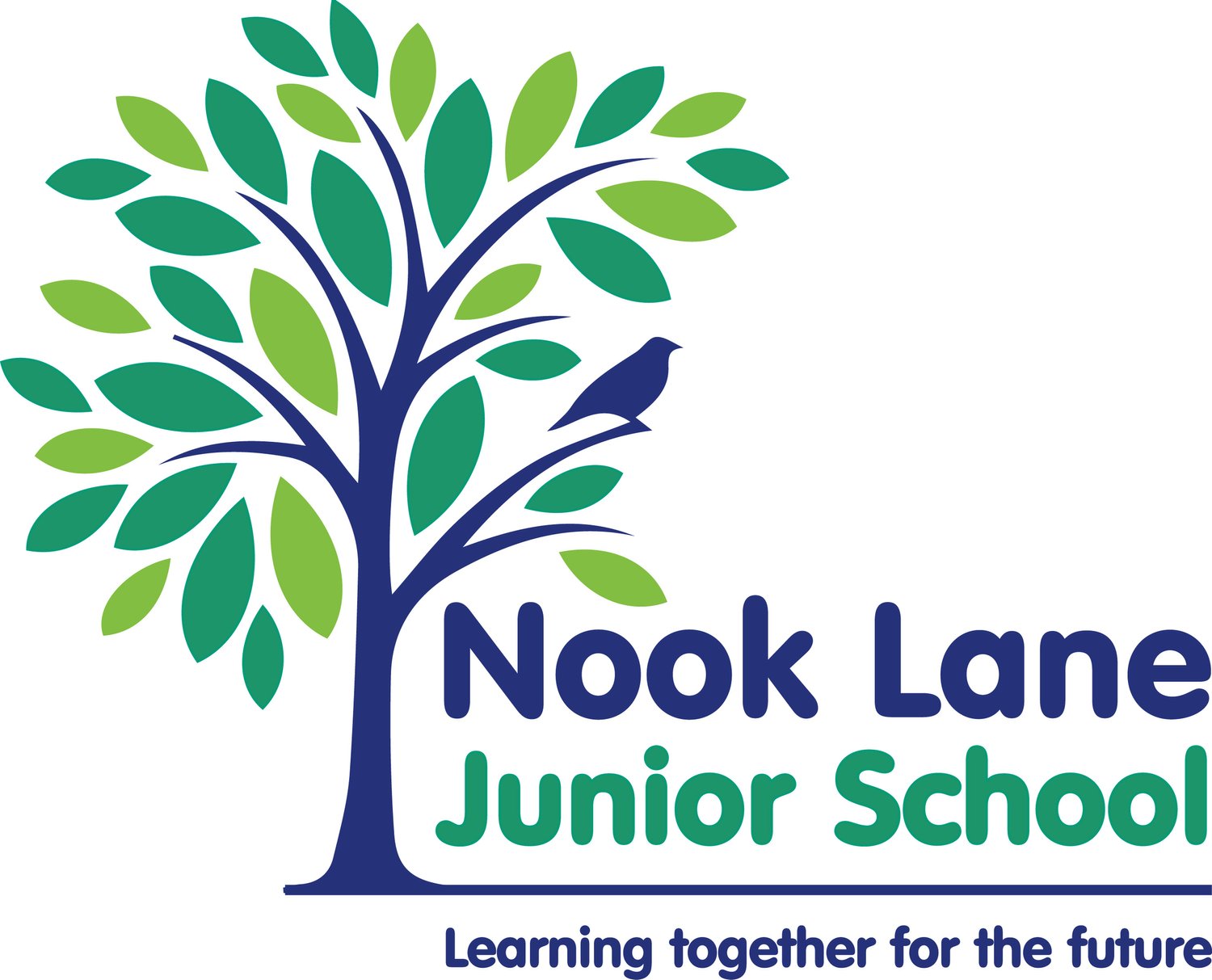
“A person without knowledge of their past history, origin and culture is like a tree without roots.”
- Marcus Garvey
History vision
At Nook Lane Junior School, children receive high-quality history lessons that enable them to gain a coherent, chronological knowledge and understanding of Britain’s past, of the wider world and our local community. Children consider the impact of different and diverse cultures from the past and question what we can learn from them as well as from the qualities and achievements of significant individuals. We inspire children to ignite their curiosity so that they ask questions about the past, investigate and interpret evidence, and grow enquiring minds. Children understand the importance of how events from the past have impacted on our lives today. Pupils think critically, sharing their own ideas and communicating them in a variety of different ways using a well-developed historical vocabulary. We help children to understand how historians work through lessons that develop disciplinary knowledge helping children to understand how and why experts interpret events from the past to form arguments and opinions. Children grow substantive knowledge to gain a deep understanding of abstract terms such as ‘empire’ and invasion’, developing schema around these that include a wealth of information and facts resulting in a deep knowledge.









Building Knowledge Sequentially
To ensure that children understand how historians think and work, we have identified 6 History key intentions (as shown above) which embed different key disciplinary knowledge and skills. In our history lessons we aim to develop children’s disciplinary knowledge and skills through teaching these concepts:
Chronology
Sources of evidence
Influential and significant people
Legacies (events that have impacted upon our lives)
Recall of historical facts and vocabulary
Similarity and difference (during the same period)
Change and continuity (across different periods)
Careful thought is given to these concepts to ensure that children are exposed to lessons that highlight them in order to provide a clear insight into the disciplines involved within this subject and how historians work.
To ensure children gain a deep depth of knowledge, skills and understanding around abstract ideas, we have developed a History curriculum which also develops children’s substantive knowledge. We have planned our lessons by focusing on a range of themes that can develop substantive knowledge. These themes are revisited throughout the History units that are taught.
Empire
War and invasion
Monarchy
Kingdom
Civilization and settlements
Religion
Whilst we strategically plan for the revisiting of these themes throughout the history curriculum, other themes such as trade and government are covered more incidentally. All these themes are highlighted in red in the history progression document.
Making it stick!
To ensure that knowledge ‘sticks’ and we develop children’s long-term memory, we endeavour to return to specific disciplinary and substantive knowledge throughout different units of history. This revisiting of abstract concepts such as ‘empire’ and ‘monarchy’ enables children to layer-up their knowledge over time and gain a depth of understanding so they can build a deeper schema of knowledge.
To help children organise and recall key knowledge, all history lesson start with children looking at their knowledge organisers and completing memory activities where key knowledge from prior learning is recalled.
History overview of learning
History units have been mapped out across the year to ensure children cover the appropriate curriculum. Within our unit plans, History skills are mapped-out progressively within each year group ensuring that children make progress in their skillset year-on-year.
History Leadership
If you have any questions about our history curriculum, please contact Mrs Lindley our history leader.




